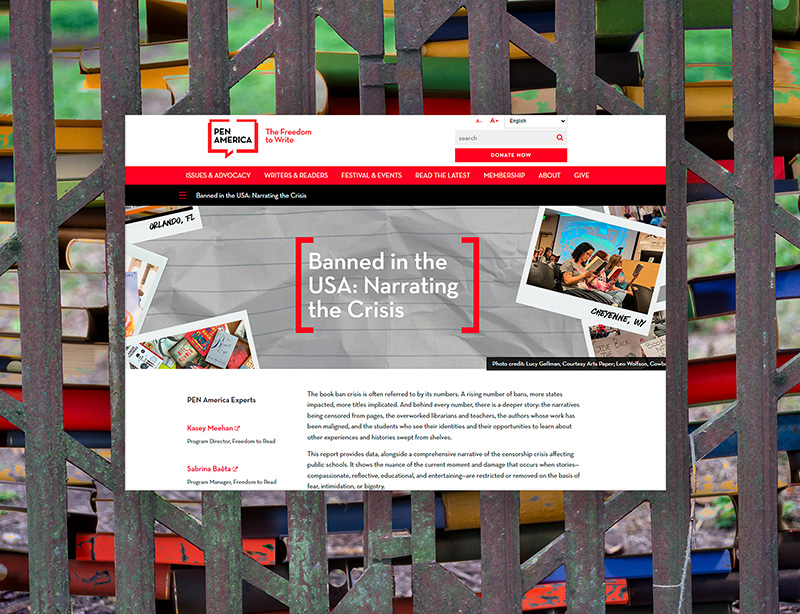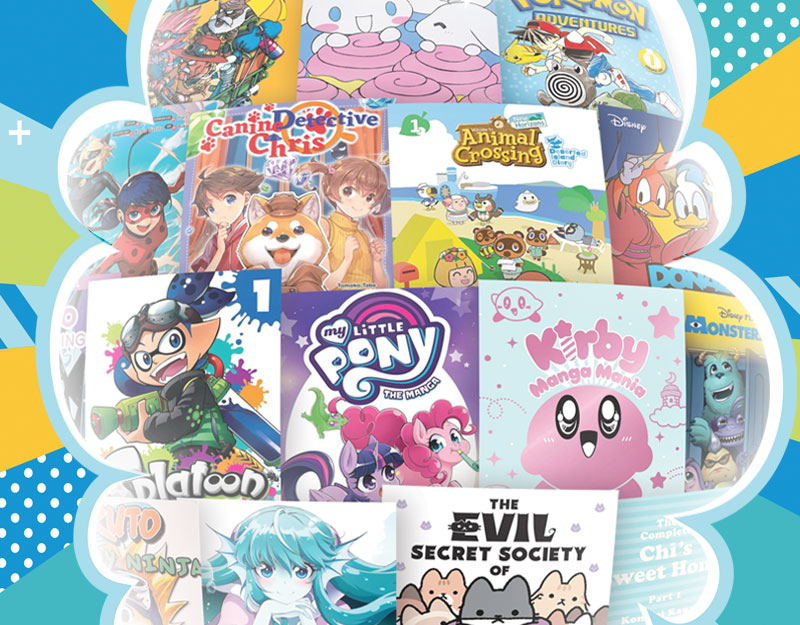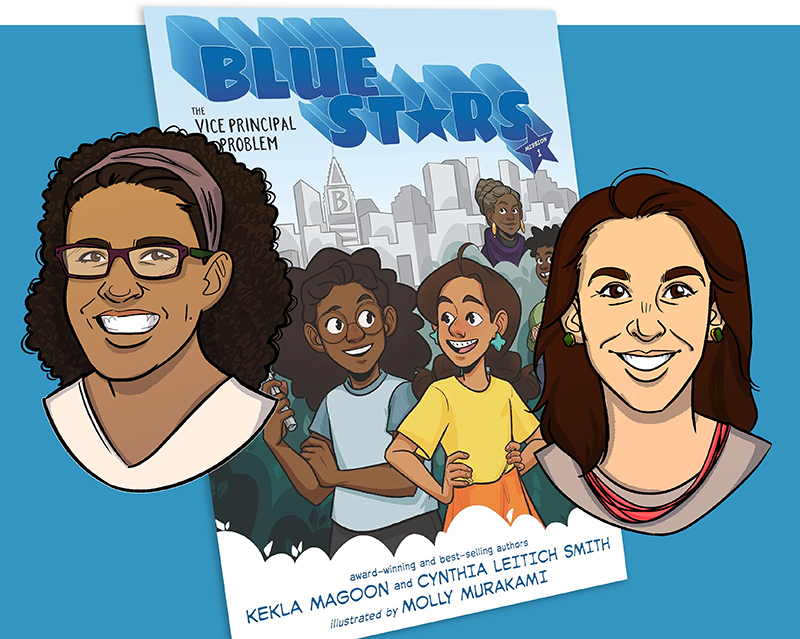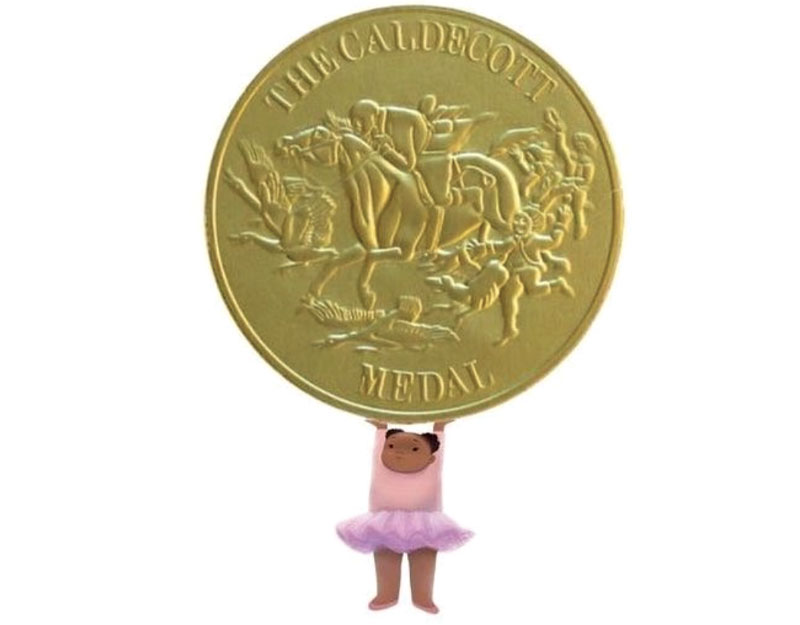We Need Diverse Comic Books: Meet Mafalda
My husband’s best friend returned to us the other day from his vacation in South America bearing gifts. Amongst them was a t-shirt for my daughter featuring this cartoon tyke:
Know her? If you’re American the answer is probably no. But if you were Argentinian you’d instantly recognize her as Mafalda. She was Argentina’s answer to Charlie Brown from 1964 to 1973 and is basically recognized all over the world . . . with the exception of the U.S.
ADVERTISEMENT
ADVERTISEMENT
She gets me to thining. When we talk about the #WeNeedDiverseBooks campaign we need to look beyond standard fictional fare. We need to look at easy books, early chapter books, nonfiction, poetry, fairytales and folk tales, and, yes, graphic novels. And of all the comics published specifically for the young reader market in 2014 that were marketed to libraries, only one had anything even faintly resembling Latino content (Lowriders in Space by Cathy Camper, ill. Raul the Third).
None of this is to say that if Mafalda were translated for the American market she wouldn’t appear with an adult publisher like Dark Horse. Like the aforementioned Charlie Brown she had some pretty advanced jokes. No, for me Mafalda is just proof positive that when we’re looking for diverse characters, we shouldn’t forget about the ones published internationally. Our scope is so limited here in the States. If there is any unexpected offshoot of the #WeNeedDiverseBooks campaign, I hope it’s that we are able as consumers and publishers to expand our focus and look into those characters and creations from countries outside of our own. Mafalda is just the tip of the iceberg.
A couple of her comic strips to amuse you today:
And a fun piece on her unexpected origins.
Filed under: Uncategorized
About Betsy Bird
Betsy Bird is currently the Collection Development Manager of the Evanston Public Library system and a former Materials Specialist for New York Public Library. She has served on Newbery, written for Horn Book, and has done other lovely little things that she'd love to tell you about but that she's sure you'd find more interesting to hear of in person. Her opinions are her own and do not reflect those of EPL, SLJ, or any of the other acronyms you might be able to name. Follow her on Twitter: @fuseeight.
ADVERTISEMENT
ADVERTISEMENT
SLJ Blog Network
One Star Review, Guess Who? (#202)
Exclusive: Giant Magical Otters Invade New Hex Vet Graphic Novel | News
Parsing Religion in Public Schools
Take Five: LGBTQIA+ Middle Grade Novels
ADVERTISEMENT












Comics with Latino content… Claudia Davila’s “Luz” series is very good. And don’t forget last year’s “Gumazing Gum Girl” by Rhode Montijo (I seriously hope he continues this series!!).
We’ve collected Mafalda for many years at OPL– sadly, I’ve been weeding it a bunch lately. She’s not very popular at the moment, at least in our communities. But these things are cyclical– chances are she’ll have a resurgence at some point, maybe now that Liniers is getting so big? I did see a couple Mafalda displays at FIL in Guadalajara this year, usually get to the Liniers.
*NEXT to the Liniers.
Most Latin Americans will instantly recognize Mafalda. She has a proud spot in my Spanish language collection. Any good collection serving teens from Latin America (especially immigrant teeens) needs to have her in their collection. Mafalda is often political, sometimes critical of the US and definitely critical of imperialism and social classes. She’s profound at times. Nothing like Peanuts ( though Peanuts is great) in the sense that Mafalda is simply another type of cartoon. She’s not for children. Teens for sure. She’s edgy, political, and critical of society. She is incredibly important to Latin Americans. I’m so glad you mentioned her.
I am late seeing this, but I need to cheer for Mafalda! It wasn’t only Argentinians, all Latin Americans like me grew up with Mafalda. she is a symbol of awareness and a thoughtful, critical, (and also innocent) view of the world, and exploration of the meaning of life. She also made us laugh. Mafalda is rich in content; i kept trying to convince my son to read her, since he liked Charlie Brown and Calvin and Hobbes so much, but the books I keep of her are in Spanish, and he mostly found them to complicated to appreciate; it didn’t occur to me that they might have been translated to English by now. I believe the humor in a second language might be difficult to get specially when a complex and also different view of the world in in play and Mafalda is also a very political character. Regardless, she is a gem.
True. But from the small translated strips I’ve seen, the humor really shines through. High time we had a proper translation once and for all.